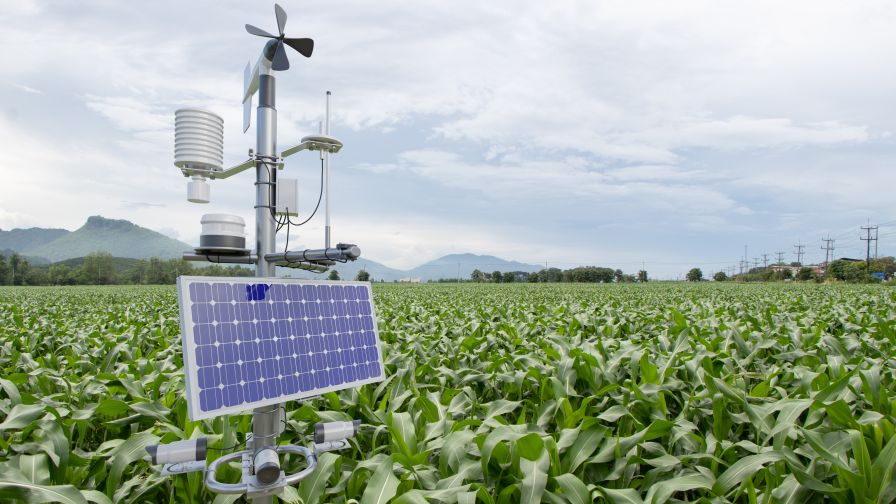In a decisive step toward rural electrification and climate-conscious development, the United Nations Development Programme (UNDP), in partnership with Nigeria’s Rural Electrification Agency (REA) and the Global Environment Facility (GEF), has commissioned a 50kWp solar mini-grid in Namu, Quanpan Local Government Area, Plateau State.
The project, launched under the Africa Minigrids Programme (AMP), aims to provide reliable, clean energy to communities traditionally left off the national grid while supporting agricultural productivity and small-scale enterprise.
The new mini-grid will serve more than 1,555 direct beneficiaries, including 180 women involved in rice processing, 15 male equipment operators, and 100 households. Beyond household electrification, the system powers schools, health centers, and microenterprises, enabling productive-use applications such as cassava grating, rice milling, and other value-added agricultural processes.
By providing a stable energy source, the project addresses two persistent barriers to rural development in Nigeria: energy poverty and limited access to market-ready processing facilities.
“This is not just about electrifying a community; it is about energizing lives, livelihoods, and local economies,” said Elsie Attafuah, UNDP Nigeria Resident Representative, at the commissioning ceremony. “The Namu mini-grid is a beacon of hope for rural development and a model for inclusive, sustainable electrification.”
The initiative reflects Nigeria’s broader policy framework, aligning with the Electricity Act 2023, the Energy Transition Plan, and the National Electrification Strategy. It also contributes directly to the country’s climate commitments under the Paris Agreement.
According to project projections, the mini-grid is expected to replace diesel generators and fuelwood usage, mitigating up to 22,000 metric tons of CO₂ emissions per month. Such reductions position distributed solar solutions not only as tools for local development but also as tangible contributors to national climate targets.
During the commissioning event, key stakeholders emphasized the dual social and economic impact of the mini-grid. Plateau State Governor Caleb Mutfwang highlighted the role of renewable energy in stimulating rural economies, noting that access to electricity enables farmers and processors to extend working hours, improve product quality, and increase incomes.
REA’s CEO Dr. Abba Aliyu described the project as a demonstration of scalable, gender-inclusive electrification, capable of attracting private investment and reinforcing community ownership.
The AMP programme, which plans to deploy 25 solar mini-grids across Nigeria, is designed around productive-use electrification, a model that links energy access directly to income-generating activities. By focusing on agricultural value chains, the programme addresses systemic challenges in rural areas where high energy costs and lack of infrastructure limit the capacity of smallholder farmers to add value to their products. Each mini-grid serves as a local energy hub, capable of supporting enterprise clusters, women-led processing units, and community services simultaneously.
In Namu, the socio-economic impact is already apparent. Women rice processors report that consistent electricity allows them to operate milling equipment more efficiently, reducing post-harvest losses and increasing overall productivity. Local entrepreneurs are planning expansions of micro-businesses that were previously constrained by unreliable power. Health clinics and schools benefit as well, with reliable lighting and refrigeration enabling safer vaccine storage and extended study hours.
The success of the Namu mini-grid demonstrates the potential for climate-aligned infrastructure to drive tangible economic and social benefits. By integrating renewable energy with agricultural processing, the project exemplifies a pathway for other communities in Nigeria and across sub-Saharan Africa to break cycles of energy poverty and dependence on carbon-intensive fuels.
As rural communities in Plateau State gain access to solar-powered electricity, the project underscores a broader lesson: energy access is not merely a technical challenge but a catalyst for sustainable development, gender equity, and climate action.
Source - https://africasustainabilitymatters.com













